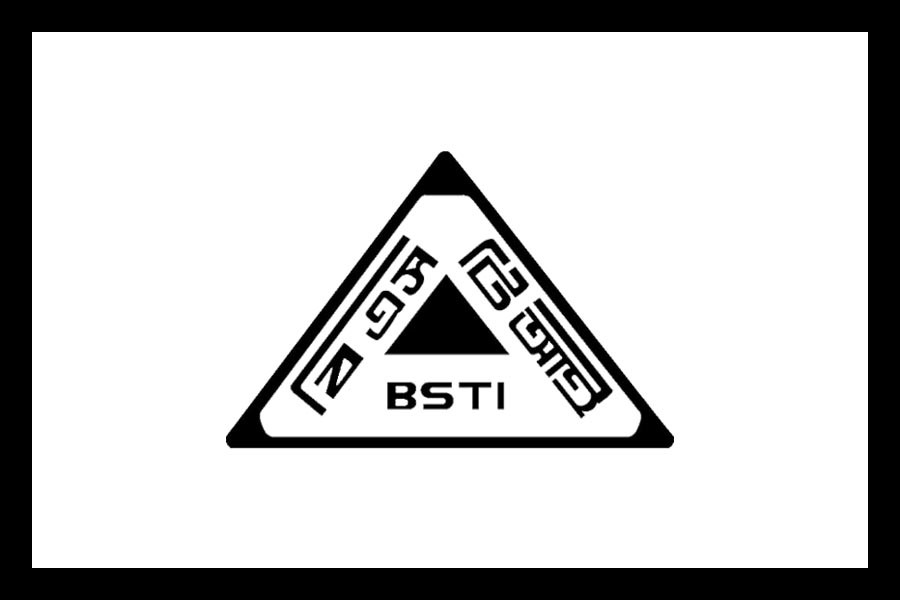BD urges India to accept BSTI certification for 14 new items
11th Indo-Bangla JGCC meet

Published :
Updated :

Bangladesh has proposed India to accept Bangladesh Standards and Testing Institution (BSTI) certification for 14 new products to ensure their hassle-free export, as the latter often refuses to recognise BSTI-issued certificates for local export items.
The 14 products are - frozen foods, potato crackers, candy, milk powder, white bread, dry cake, drinking water, flavoured drinks, canned juices, soap, cement, mild-steel rod (MS rod), GI pipes and textile items.
The country has also proposed India to withdraw the countervailing duty (CVD) and anti-dumping duty, imposed on export of some Bangladeshi products, including jute, ready-made garments (RMG) and hydrogen peroxide.
The proposals have been placed in the 11th meeting of Indo-Bangla Joint Group of Customs Committee (JGCC), held in Dhaka on August 23-24.
National Board of Revenue (NBR), Bangladesh member Khondaker Aminur Rahman and Indian Central Board of Excise and Customs director general for export promotion Pranab Kumar Das led the respective delegations at the meeting.
On the other hand, India has proposed to introduce off-border cargo clearance to clear export and import products outside the land customs stations.
The proposal has been made to avoid cargo congestion amid infrastructure problem in the land-ports that often causes delay in unloading products.
Regarding Bangladesh's proposal on accepting BSTI certification, Indian customs authority has assured of examining the list of 14 new products.
Currently, BSTI certificate for some 21 food products of Bangladesh is recognised by India, following a gazette notification of Food Safety and Standard Authority of India, issued in April 2017.
The items are - fruit juice, jam, jelly, marmalade, pickles, chutney, food drinks, sauce, tomato ketchup, fruit syrup, fruit squash, fruit cordial, edible gel, tomato paste, biscuits, chanachur, noodles, instant noodles, water, soft drink powder and carbonated beverages.
Bangladesh has also requested India to ease port restrictions for export of goods, like - fresh fish, cement, ceramics, MS rod and soap. Local traders face problems in exporting these goods due to port restrictions, as export of these goods is allowed only through specific land customs stations (LCSs).
India has also requested Bangladesh for easing port restrictions for export of some of their goods to the country.
Delhi suggested Dhaka to seek review of World Trade Organisation (WTO) on CVD and anti-dumping duty.
The Indian delegation said CVD has been equally imposed on Indian local manufacturers, after the country introduced new GST from July.
Under off-border clearance system, customs procedures and clearance of export-import cargos will be conducted at any inland location near the customs stations.
Cargo-laden vehicles will be transported to the locations through using electronic cargo tracking system to track their movement.
Both sides have agreed to extend car pass system at some more LCSs of high bilateral importance to facilitate movement of goods-laden trucks within 200 yards of the importing country for unloading cargo.
Both the countries also agreed to introduce the system at the LCSs like Betuli-Fultali (Old Ragna Bazar), Chatla-Manu, Chella-Shellabazar, Kalibari-Ichhamati, Mehendraganj-Dhanua Kamalpur, Rowmari-Mankachar and Muhurighat-Belonia.
Currently some land-ports and LCSs, including Benapole, Shonamasjid, Banglabandha, Hili, Akhaura and Bibirbazar, have the car pass facility.
Customs officials of Bangladesh alleged that export of local RMG items is severely hampered in absence of quality testing facility at the LCSs, except Petrapole.
Samples of RMG are sent to Varansi in Uttar Pradesh for testing, which causes unusual delay in release of export goods.
Both sides also agreed to improve infrastructure facility at the LCSs, to exchange information and customs documents on regular basis, and to increase cooperation in anti-smuggling and investigation measures.
doulot_akter@yahoo.com


 For all latest news, follow The Financial Express Google News channel.
For all latest news, follow The Financial Express Google News channel.